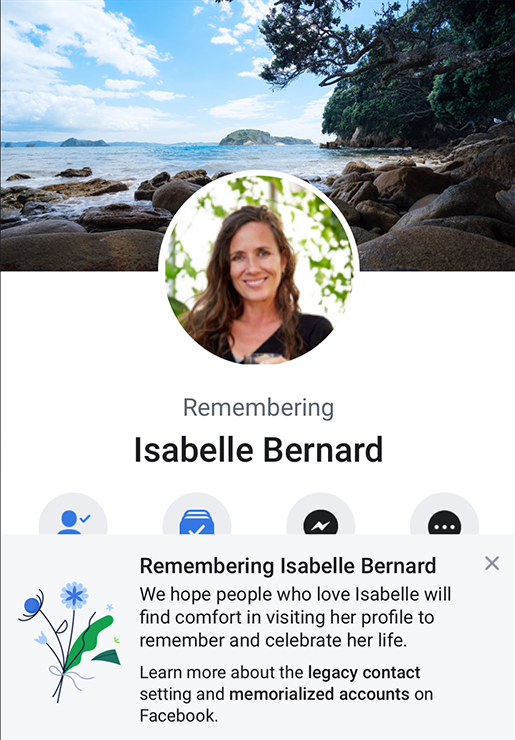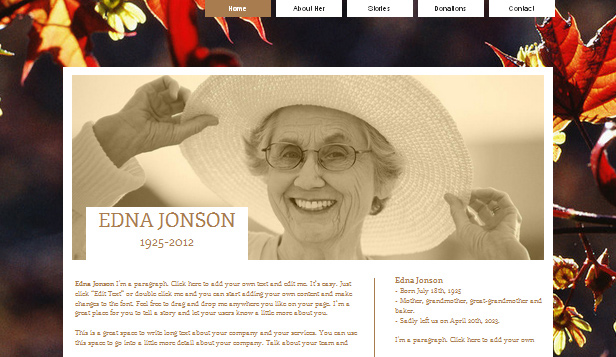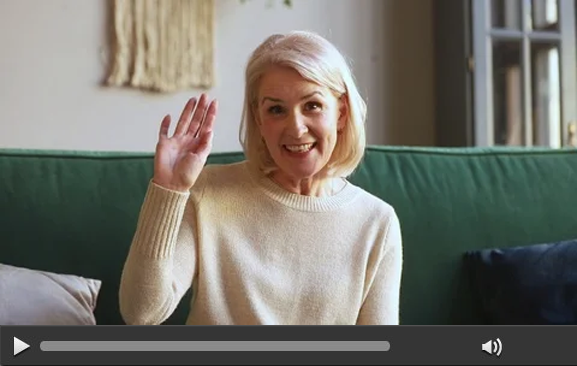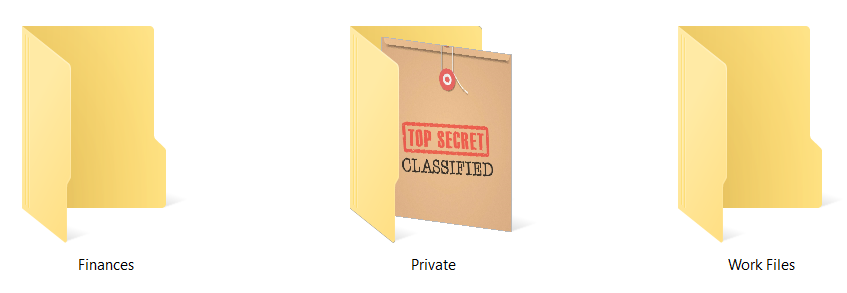21 Jun

What is a “Digital Legacy” and How You Can Plan Yours
If you haven’t heard much about Digital Legacies, don’t worry. It’s a very new concept as people have recently moved so much of their lives online and into the digital world. A Digital Legacy is like a last will and testament that pertains to a person’s digital footprint, something that’s often a lot bigger than we realize. When a person passes, all of their files, accounts and anything else online can easily fall into limbo. Properly planning for one’s Digital Legacy ensures what happens to these digital assets aligns with their wishes.
While the topic of one’s mortality is a sensitive subject and not something people generally want to think about, there are many considerations for planning for what happens after someone dies. A person’s Digital Legacy is one component of end-of-life planning.
Clayburn.Digital can help with planning your or a loved one’s Digital Legacy. Contact us today for a free Digital Legacy quote or keep reading to learn more about what specific services we can provide.
Memorializing or Managing Social Media Accounts
When someone passes, their social media activity often lives on as an eerie chronicle of their life. However, rather than simply leaving the profile unattended with whatever last posts might have been published before the author’s unfortunate passing, there are posthumous options available.

The first and most common option for most people is memorializing the accounts. Facebook allows a person’s Facebook profile to be transformed into a memorial page, allowing friends and family to share their memories of the person on their profile. In the case of other social media networks, memorialization is a custom and manual process of publishing new updates to let followers and connections know that the individual has passed and to share any important messages or information to live on on their profile.
In some cases, a person may want their social media profiles to continue to be updated on their behalf. This is usually for social profiles with large followings or which would have some monetary value as a public figure or influencer. Typically the profiles are managed in order to further benefit the estate of the person who passed, such as continuing to promote work they may have done in the past. However, people may simply want to share some of their best memories and moments on a regular basis or use their profiles to bring awareness to causes and organizations important to them in life.
Finally, for some people, their preference is to remove their social profiles entirely.
Either way, it’s important to consider what happens to someone’s social media profiles after they die, and create a plan suitable for them.
Virtual Funeral and Memorial Website
A popular alternative or supplement to a traditional funeral these days is hosting some kind of virtual memorial. This has the benefit of providing people who may not be able to travel to the location of the physical funeral or memorial an opportunity to participate in the grieving process with others.
Virtual funerals are becoming very popular now because of the added reach they provide, and they can be done in lieu of a physical funeral, often saving money in the process, or could be a simple add-on to a traditional funeral.

In addition to a virtual event, creating a memorial website is a great way to have a permanent reminder accessible online of the person and their life. These websites can showcase important moments and milestones in the deceased’s life as well as offer friends and loved ones a place to post and share their own thoughts and memories.
Final Messages and Video
One of the worst parts of an unexpected passing is not getting a chance to say the things one needed to say to those close to them. Loved ones would certainly appreciate receiving some final message. These messages can be very emotional, sharing feelings with the people one cared about most in life, but can also provide important and useful information which someone only wanted to disclose after their passing.
Final messages can come in many formats and serve a variety of purposes. It’s also possible to create a number of individualized messages for specific people. Videos are a popular method for final messages, and in some cases a person may want public messages published online somewhere such as a blog or social media network.

These final messages can be particularly important for people who are members of online communities who may not become immediately aware of their passing. Online video game worlds or hobby forums are some examples of such online communities where a person might want to have a personal message delivered in order to let people they were close to online but may not have known in real life that they have passed, and to share any last-minute information or feelings.
Securing, Deleting and Distributing Sensitive Files
With so much of our lives happening online and on computers, there can be a great security risk in an unexpected death. This is one reason it’s important for computers and devices to be professionally scrubbed of private information when no longer in use since hackers or other bad actors could obtain information they aren’t supposd to have from one’s discarded devices.
However, since we can’t always know when our last moments will be, it’s important to have a contingency plan in place for dealing with one’s sensitive files and data.
There are several options for how to deal with specific data. Some data may want to be completely deleted so that no other people will ever be able to access it. But some data might have importance after your death, particularly to family or loved ones that inherit responsibilities or assets after a person’s passing. For example, important financial information might need to be passed on to an appropriate heir or a person may want their store of family photos to be passed onto someone instead of being accidentally thrown out with the garbage and lost to time.

Having a plan in place early on will help make sure devices are secured and the data on them or in the cloud will be erased or given to an appropriate person.
Crytpocurrency and Digital Assets
A lot of value can exist in purely digital assets, particularly in cryptocurrency. However, once someone passes, it may be difficult or even impossible for heirs to access these assets, if they’re even aware of them in the first place.

As part of one’s Digital Legacy planning, it’s important to assess what valuable digital assets a person has and ensure that access to them can be passed on to an appropriate heir. This not only includes saving cryptocurrency wallet information, but might involve taking an inventory of other online accounts that could have value in them. It might be something like a video game with substantial digital currency attached to the account or an online shopping account with a gift card balance.
Other online assets could be things like websites or domain names owned and operated by a person. These would likely expire at some point and any value they had would go to waste.
Whatever the asset and however it’s stored, it could be lost forever without proper end-of-life planning for handling one’s digital assets.
Cancel and Manage Subscriptions
While there is usually a process in place to deal with subscription charges incurred after one’s death, it can be a difficult legal endeavor. Typical online subscriptions like Amazon Subscribe & Save, Netflix and Xbox Game Pass could continue to bill a credit card on file long after a person passes away, particularly if that credit card belongs to or is shared with a spouse or other loved one.
Some subscriptions should be cancelled immediately to avoid unnecessary charges and the inconvenience of reversing them. However, people may not want every subscription cancelled. In some cases it might be important to transfer the subscription to an heir. While for most things it’s unlikely a huge concern, there are some subscriptions which could expire resulting in the loss of important information or assets. As mentioned above, websites and domain registrations are such a subscription. Without a plan in place, someone’s website could simply expire and if the website has some monetary value, that would all be lost. Or in the case of services like cloud storage, a person’s photos and files might be deleted. Therefore it’s important to consider each subscription and what course of action is most appropriate, whether it’s cancelling, continuing or transferring it.
Get a Free Digital Legacy Quote
Call us at 575-208-4877 or use the form below to get your free Digital Legacy quote. It’s an entirely customizable service designed to fit your or your loved one’s specific needs and wishes.